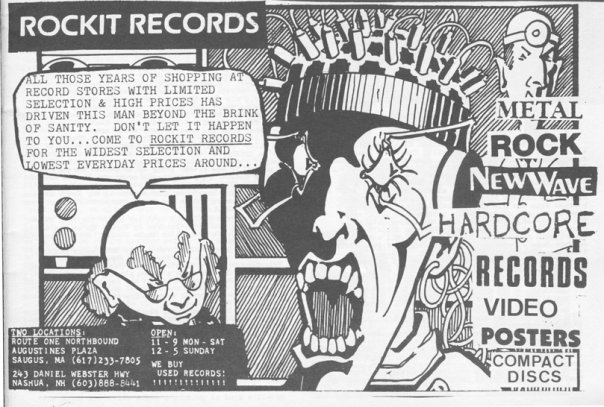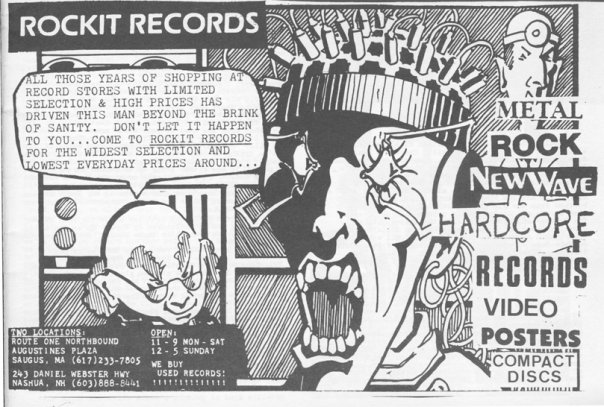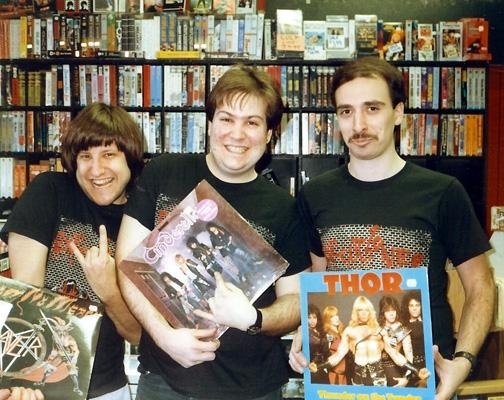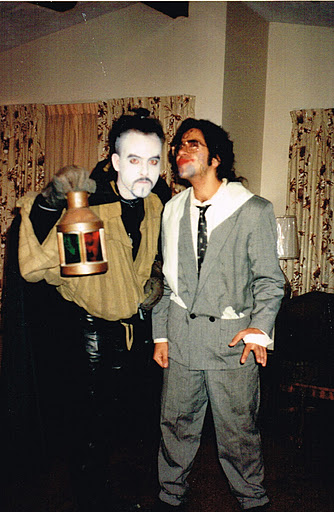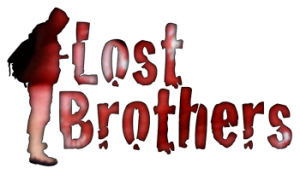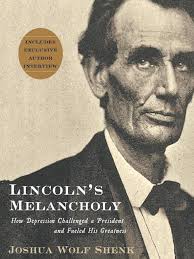The author has mentioned Metal music as one of his most important coping tools for OCD and related disorders. Here’s a look at the year he got one of the best therapy sessions ever, simply by working in a cramped little record store.
Back when I was an angst-filled teenager bent on self-absorbed periods of depression — and before I became an angst-filled grownup bent on self-absorbed periods of depression — it was a place where I could escape.
Located off of Route 1 northbound in Saugus, Mass., Rockit Records was literally a hole in the wall, not much bigger than a walk-in closet. It later expanded in size, but even then it seemed small. But the sounds booming from speakers above were always big.
It was the perfect safe house.
Now that someone has started a “Remembering Rockit Records” group on Facebook, the memories are flooding back.
There’s no real lesson in this post. Just a happy memory. Like any retail job, there were some unpleasant people and hours to contend with. It wasn’t perfection. But it wasn’t supposed to be.
Here’s an ad for the store from the early days:
And in this picture, on the left, is Al Quint, my former boss:
Al is still going strong, producing the Sonic Overload radio show and publishing his Suburban Voice magazine in blog form.
The store was crammed with cassettes, vinyl and eventually CDs. You could sell and buy used music. You could buy all the hard-to-get metal fanzines.
True story: On Aug. 3, 1987, I was the first kid in the store to buy Def Leppard’s just-released and long-awaited “Hysteria” album. The band was already spinning in a downward spiral toward candy-coated pop. I just didn’t realize it at the time. And in those days, I was a BIG Def Leppard fan.
A year later, I believe I was the second or third kid to buy Metallica’s “And Justice for All” album.
In 1992, just as I was transfering from North Shore Community College to Salem State College, a job opening became available and I applied on the spot. I thought the place was so cool at the time that such a job was beyond my reach. No way they’d hire me. I wasn’t covered in tattoos or wearing nose and ear piercings. All I had going for me was the long hair, I thought.
But they called me in, and Al confirmed to the owner that I was a longtime shopper. They hired me, and I worked there for the next year, until new owners took over and I had decided to get too serious about my journalistic studies to work a retail job.
It was a tough year in a lot of ways. A family member was beginning to sink into some serious clinical depression and a suicide watch was on. I had turned North Shore Community College into a refuge of sorts, hiding for hours in the smoking room of the Lynn campus instead of facing my demons at home. I was uneasy about transferring to Salem State, though it turned out to be the best decision I could have made.
So for a year I manned the register as all my old school friends came in to shop. We smoked cigarettes at the front door and sometimes smoked other things out the back door. If we wanted a pack of smokes or something to eat and were short on cash, we borrowed from the register, putting index cards in place of the missing cash with such notes as “Bill borrowed $5, will return Thursday.”
I’m still not sure how we got away with that. It was a different time, I guess.
There was an Italian buffet restaurant across the parking lot called Augustine’s. The food wasn’t very good, but for a binge eater like me it was perfect.
If we liked the music that came in we would play it constantly. House of Pain was in the CD drive a lot. So was the Henry Rollins Band. Sometimes we’d get in promos for not-yet-released albums. If the staff didn’t like what they heard, the CD would quickly be converted into a Frisbee we’d whip across the store. One of the Poison albums suffered this fate.
I’m not sure if Al or the owner knew this was happening, but I wouldn’t be surprised if they knew and tolerated it.
The owner eventually sold the place and that essentially meant I was out of the job. I wasn’t exactly in the new owner’s good graces. But by then, it was time for me to move on.
I recently drove by the old shopping strip and noticed a Subway sandwich shop where Rockit Records once stood. A pity, really. But a lot of music stores suffered the same fate as the iTunes age dawned.
For me, it served its purpose. A jewel of an escape closet from a world of hurt.
Luckily for me, I’m finding people I worked with on Facebook. Now there’s the Facebook group.
Which means Rockit Records isn’t really dead, now, is it?

